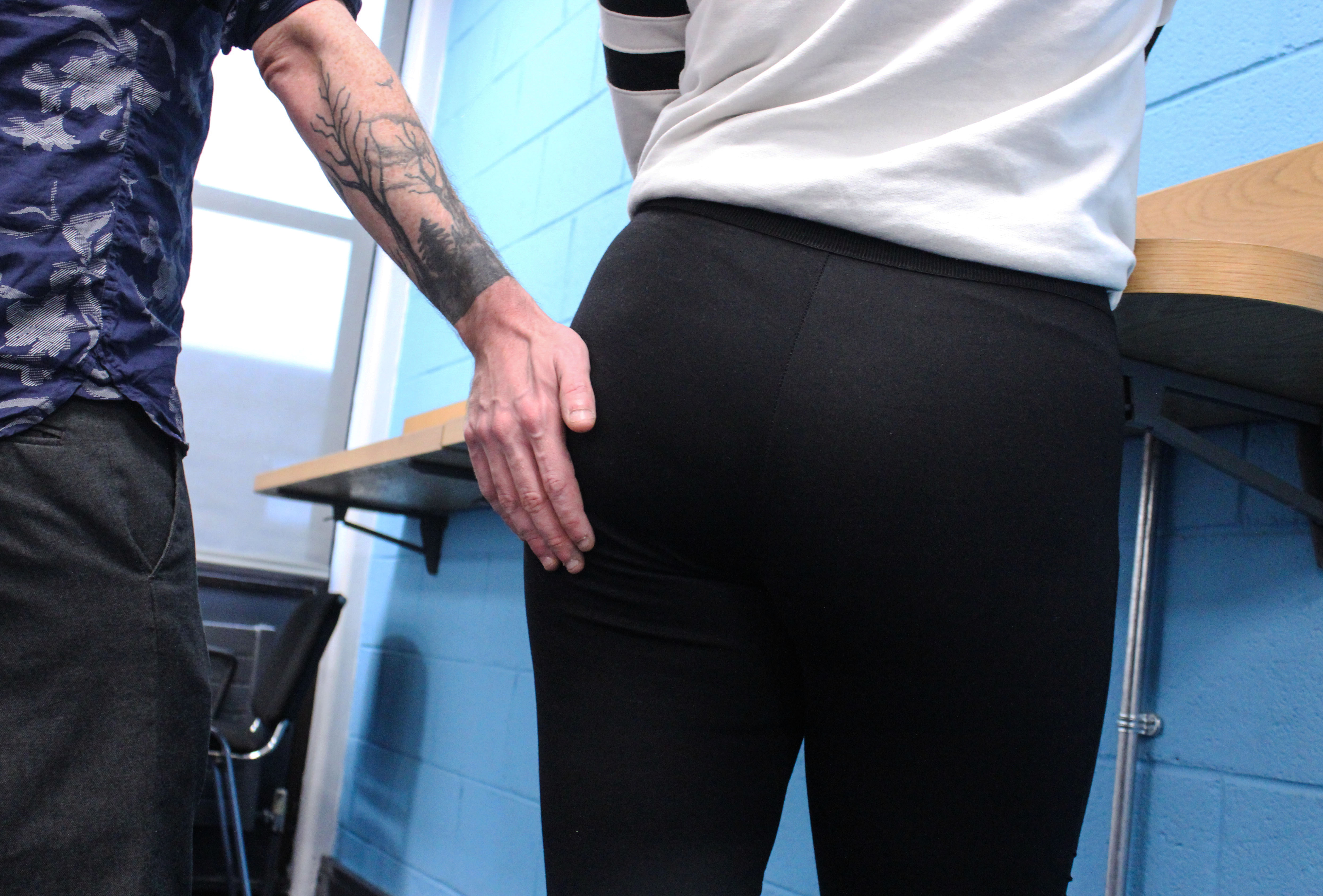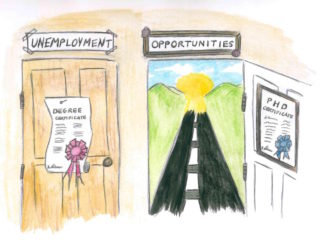
[dropcap]The[/dropcap] #metoo campaign flooded social media last month after actress Alyssa Milano called for women around the world to use it as a way to share their personal stories of sexual assault in unison.
Facebook reported that within 24 hours, 4.7 million people engaged in the #metoo conversation, with over 12 million posts, comments and reactions.
However, not all of the reactions have been supportive. Comments, mostly from men, question why these women did not come forward sooner and accuse them of seeking attention.
According to clinical psychologist, Dr Rosaleen McElvaney, the negative reactions to #metoo from men can come from a place of fear.
‘’I think for some men, this kind of very defensive response or reaction comes from a place of anxiety or fear that they will be wrongly accused or labelled with the same tar just because some men have done it. But then I think there is a small cohort of people who do actually hold those attitudes ’’ Dr McElvaney said.
One thing Dr McElvaney wanted to point out is that there are also women who hold this view towards sexual harassment.
‘’Unfortunately when things come out there can be a narrative around all men or men in general, which is not actually fair to the men who don’t behave in that way or think like that. Let’s face it; some of the men who have behaved in this way, they probably always thought like that. They always had attitudes towards women or misogynistic views, and we still have people who think like that. We have women who think like that.’’
The issue with this cohort of people, according to Dr McElvaney, is that they don’t understand the issue of consent or sexual harassment.
‘’My area of expertise is childhood sexual abuse. But one of the things that they find is when you look at people who behave in this way, they do have different attitudes and different views. They think differently. There is a lack of awareness of what is appropriate and inappropriate, what’s OK and what’s not OK.’’
To tackle the issue surrounding consent, third level institutes are leading the way by running consent workshops. However, Dr McElvaney said that the main difficulty with the workshops is that everyone who attends is already open to learning about consent.
‘’I think they will help but the difficulties with these kinds of initiatives are that people self-select to some extent. It’s a little bit like preaching to the converted. What about the percentage of people who are not attending? They probably need it more than the people that attend’’.
A project by a final-year psychology student in Maynooth evaluated some of the consent workshops that ran last year. Speaking about the findings of the project, Dr McElvaney said they found that at the end of participating in those workshops, there was still more confusion or ambiguity about what consent means among the men than there was among the women.
The turnout for the smart consent workshops that ran on the Glasnevin and St Pats DCU campuses were greater than expected according to Jack Gilligan, the workshop mentor.
In an interview with DCU TV news, Gilligan said he hoped to make the consent workshops compulsory at some stage.
Dr McElvaney said that while she doesn’t think making the workshops compulsory is a bad thing, it does go against the idea of third level education.
‘’To make it mandatory would kind of be like treating young adults like school kids. I think if it was in the secondary school system I would be saying absolutely yes. To be honest, at third level I think it’s too late. A lot of people are sexually active before they finish secondary school’’ she said.
While the education of young people about consent is a work in progress, so too is trying to change the culture around sexual harassment. According to McElvaney, people need to be educated and there needs to be consequences for people’s inappropriate behaviour.
‘’You can almost argue that women have played a role in this as well in terms of not being able to stand up for themselves, because very often they’re in a position where it’s their boss. If they draw a line there is the possibility that they will be discriminated against in some way. Indeed it happens for men as well when it is women’ flirting’ with them. It’s not just purely man to woman.’’
For the people who still question the women that come forward through the #metoo campaign, McElvaney says that people need to remember that while people standing up for themselves doesn’t necessarily bring an end to harassment, very often it can up the ante.
‘’The great thing about the me too campaign is it really is helping to raise awareness. People are looking at some of these public figures and thinking ‘they didn’t speak out?’ It is easy to think that someone is in a powerful position, but when you look that bit closer you see that power imbalance.’’
Adam Daly
Image credit: Elsa Anderling



